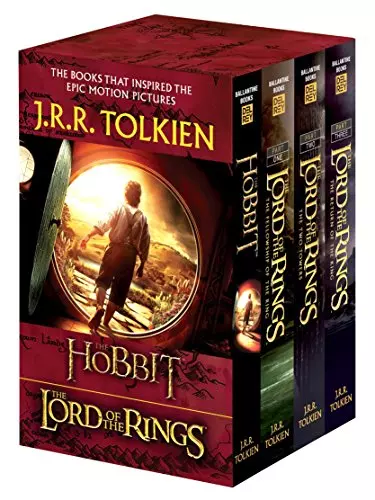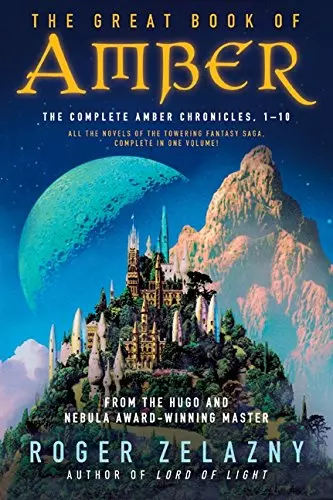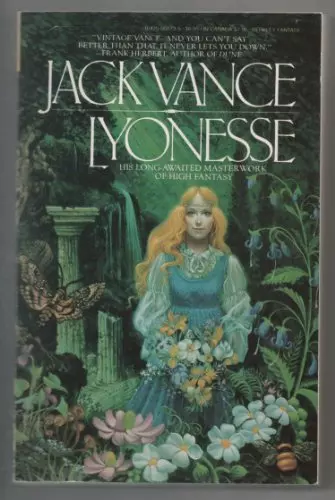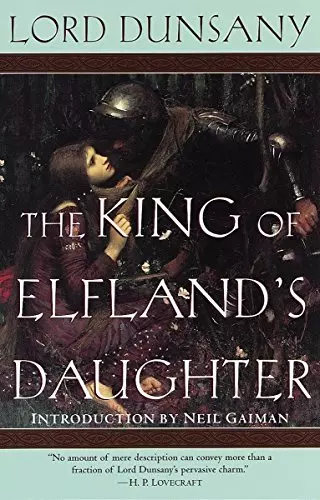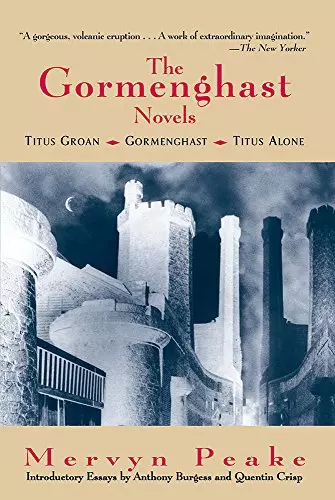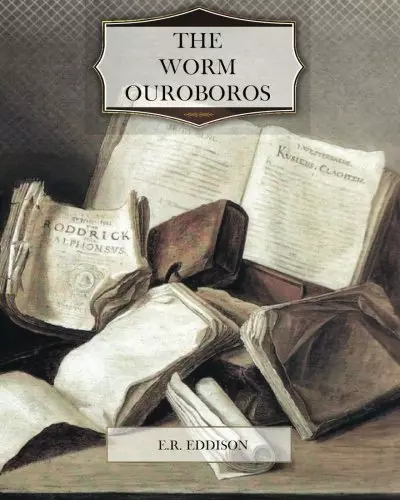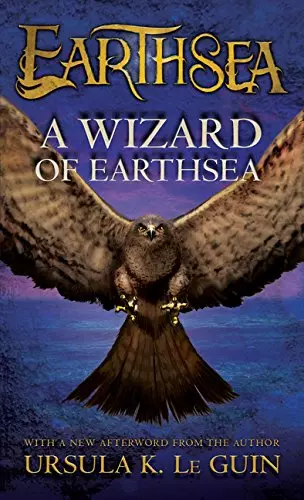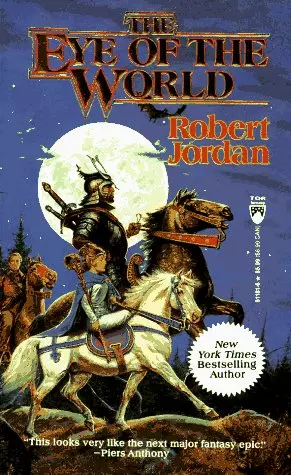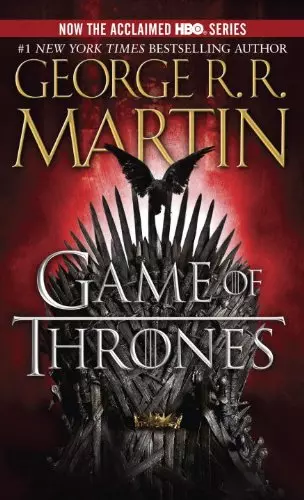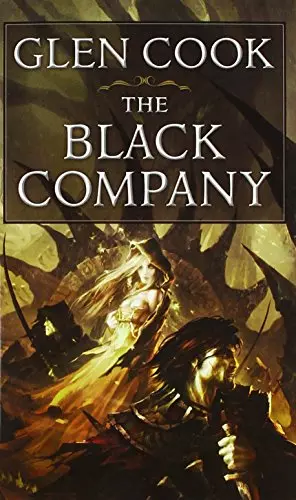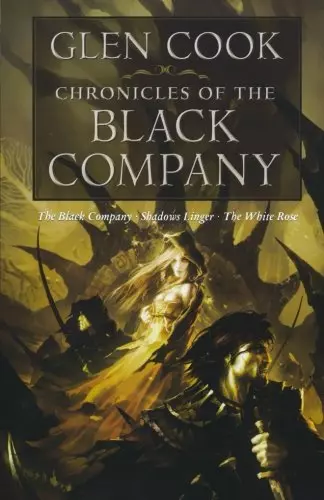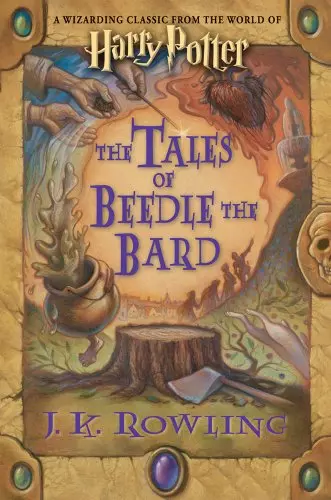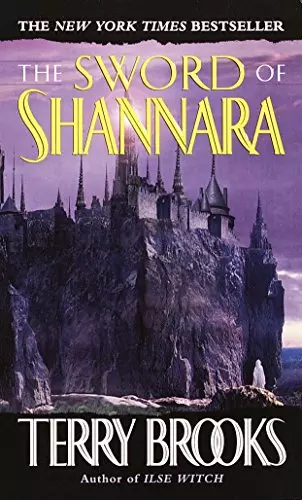Most Influential Fantasy Books
Fantasy That's Been Highly Influential on the Genre and Other Writers
An alternate "Best Fantasy Books List" for those of you who prefer the more "high brow" fantasy books.
You might call this list the fantasy books that have influenced the genre as a whole. These are the pillars in the fantasy genre – books that inspired a generation of new writers or broke some new fantasy milestone. This is not a comprehensive list of every book that's ever influenced the genre, but more of a guide to some of the more stand out ones.
On this list, you'll find a few works you may have never heard of, but they are highly influential in their own right. If you are the type who considers the best fantasy books as books that had wide influence on the genre as a whole, this this list is probably more what you are looking for than the Top 25 Best Fantasy Books list. You might also want to consider the Best Literary Fantasy Books list as well, which shares some similarities with this list.
Ranked Fantasy Books
Trending Books in Most Influential Fantasy Books
Trending Fantasy Booklists
Best Fantasy Magic Systems Books
Top Best Fantasy Magic Systems Books
Top 25 Best Fantasy Books of the 90's
The Best Fantasy Books Published in the 1990's
Best Fantasy Series
A list of the best fantasy series in the genre (from all fantasy subgenres)
Top 50 Best Epic Fantasy
The Absolute Best Epic Fantasy Series
World Fantasy Award Winners
The Prestigious World Fantasy Awards for Best Novel
Top 100 Fantasy Books
The Top 100 Best Fantasy Books Ever Written

